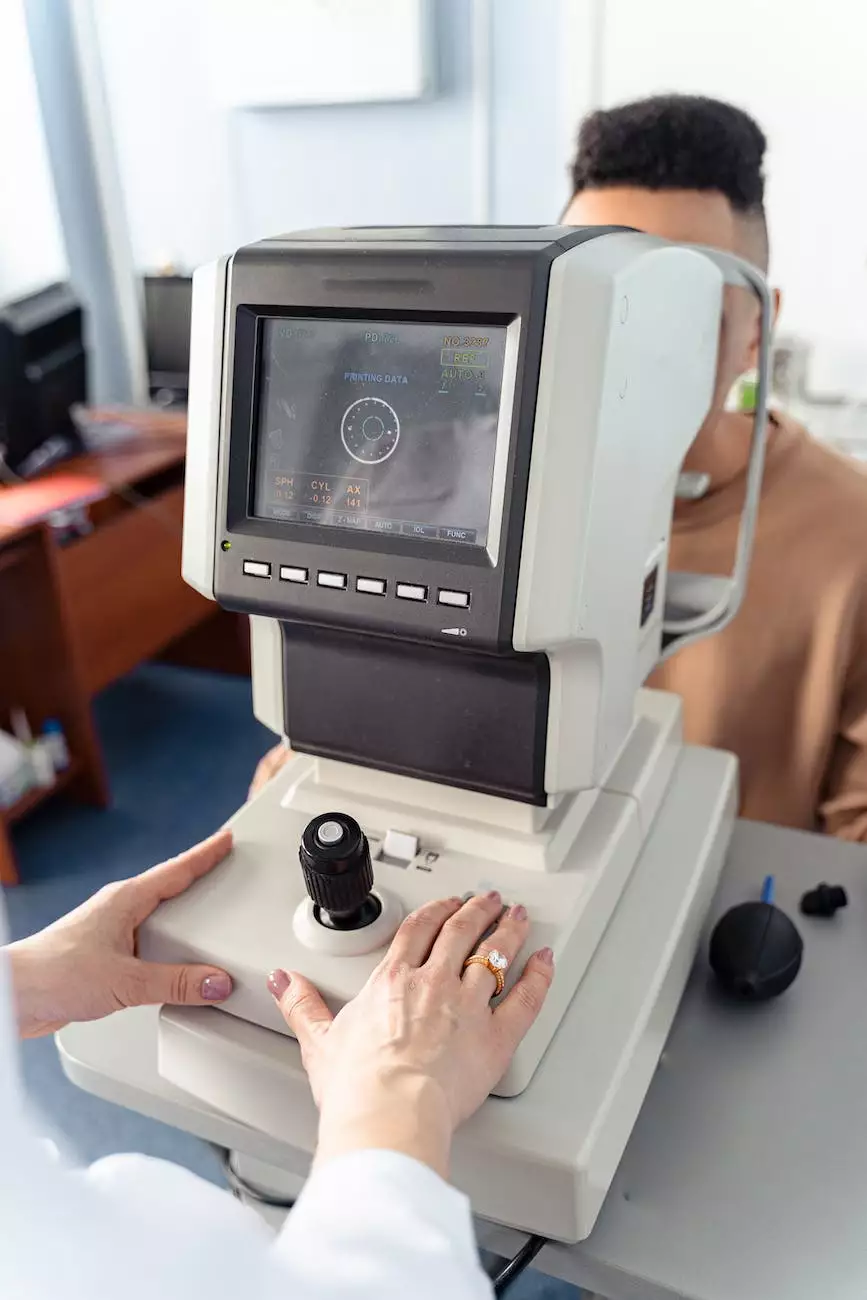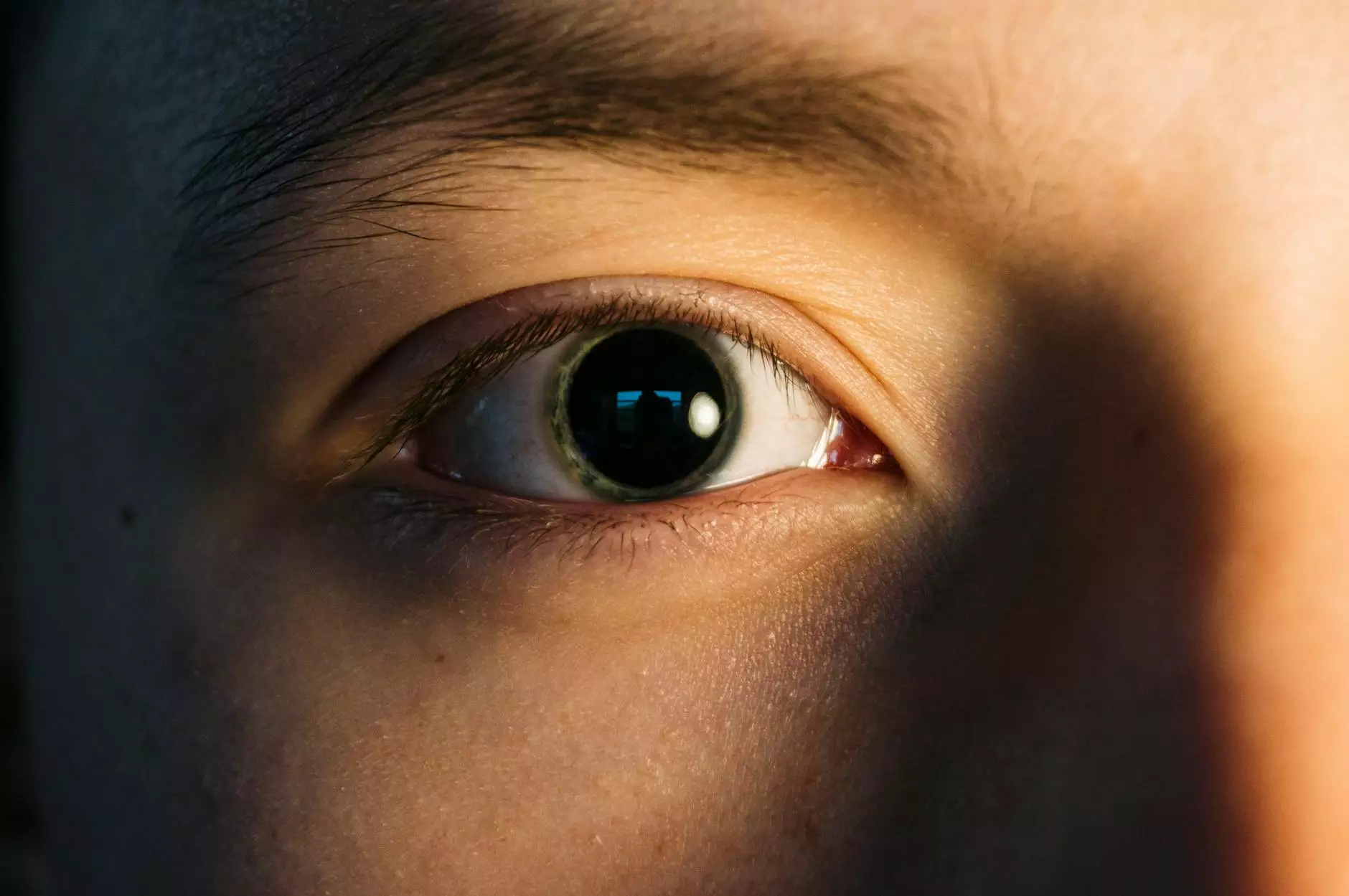Macular Degeneration Treatments
Blog
Understanding Macular Degeneration
Macular degeneration, also known as age-related macular degeneration (AMD), is a leading cause of vision loss, particularly among older individuals. It affects the macula - a small area at the center of the retina responsible for sharp, central vision. AMD can slowly impair vision, making it difficult to perform daily tasks such as reading, driving, and recognizing faces.
Types of Macular Degeneration
There are two common types of macular degeneration:
- Dry AMD: This is the most common form of macular degeneration, accounting for about 80% of cases. It is characterized by the presence of yellow deposits called drusen in the macula, which lead to thinning and gradual deterioration of the macular tissue.
- Wet AMD: Although less common, wet AMD is more severe and can cause rapid vision loss. It occurs when abnormal blood vessels grow under the macula, leaking blood and fluid, which can damage the macula and lead to the formation of scar tissue.
Treatment Options
Baron Rick W Dr offers a range of advanced macular degeneration treatments to help patients manage and improve their vision. The specific treatment plan will depend on the type and severity of the condition, as well as the individual's overall health.
1. Lifestyle Changes
Adopting a healthy lifestyle can have a significant impact on slowing down the progression of macular degeneration. This includes:
- Eating a Nutrient-rich Diet: Consuming foods rich in antioxidants, vitamins (especially vitamin C and E), minerals, and omega-3 fatty acids can support eye health and reduce the risk of further damage.
- Avoiding Smoking: Smoking has been linked to an increased risk of macular degeneration. Quitting smoking can help protect your eyes and slow down the progression of the disease.
- Maintaining a Healthy Weight: Obesity and a sedentary lifestyle can contribute to the development and progression of macular degeneration. Regular physical activity and maintaining a healthy weight can help reduce the risk.
- Protecting Your Eyes from UV and Blue Light: Wearing sunglasses that block UV rays and limiting exposure to blue light from digital screens may help protect the macula from damage.
2. Medications and Injections
In some cases, medications and injections may be recommended to manage macular degeneration:
- Anti-VEGF Therapy: This involves the injection of medications that block the growth of abnormal blood vessels, reducing the leakage and preserving vision. Regular injections may be required to maintain the effects.
- Photodynamic Therapy (PDT): This treatment uses a photosensitive drug and laser light to selectively destroy abnormal blood vessels under the macula.
3. Low Vision Aids and Rehabilitation
For individuals with significant vision loss, low vision aids and rehabilitation can help improve their quality of life. These aids may include magnifiers, telescopic lenses, and assistive devices designed to enhance visual tasks.
4. Surgical Interventions
In more advanced cases, certain surgical interventions may be considered:
- Macular Translocation: This procedure involves moving the macula to a healthier area of the retina.
- Retinal Translocation: Similar to macular translocation, this procedure repositions the macula to a different location on the retina.
Consult with Baron Rick W Dr
If you or a loved one are experiencing symptoms of macular degeneration or have been diagnosed with the condition, it is crucial to seek the expertise of an experienced ophthalmologist like Baron Rick W Dr. With their extensive knowledge and cutting-edge treatments, they can develop a personalized treatment plan to help preserve and enhance your vision.
Don't let macular degeneration hinder your daily life. Contact Baron Rick W Dr today to schedule a consultation and take a step towards regaining your visual clarity.










